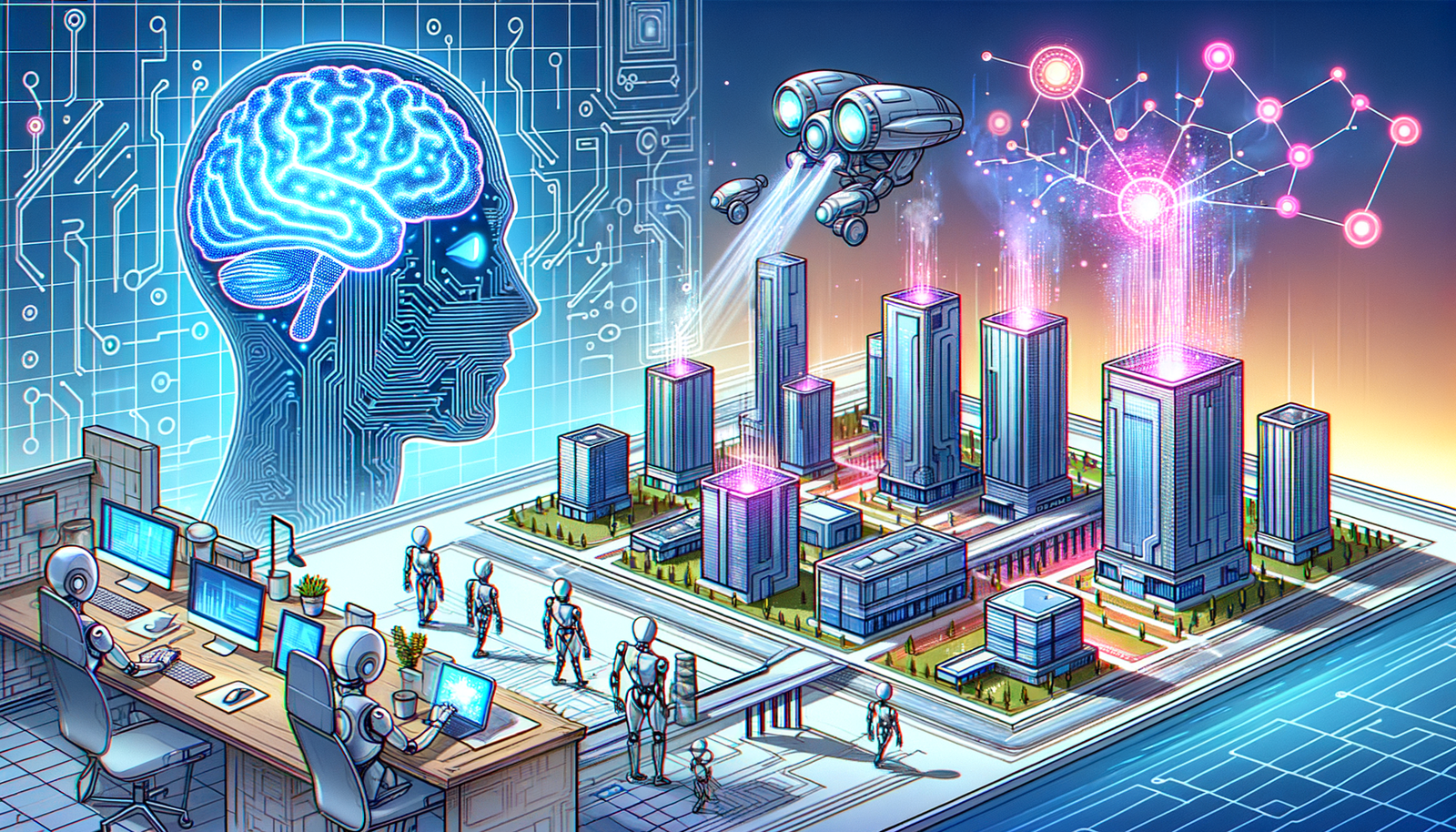Your Cart is Empty
Customer Testimonials
-
"Great customer service. The folks at Novedge were super helpful in navigating a somewhat complicated order including software upgrades and serial numbers in various stages of inactivity. They were friendly and helpful throughout the process.."
Ruben Ruckmark
"Quick & very helpful. We have been using Novedge for years and are very happy with their quick service when we need to make a purchase and excellent support resolving any issues."
Will Woodson
"Scott is the best. He reminds me about subscriptions dates, guides me in the correct direction for updates. He always responds promptly to me. He is literally the reason I continue to work with Novedge and will do so in the future."
Edward Mchugh
"Calvin Lok is “the man”. After my purchase of Sketchup 2021, he called me and provided step-by-step instructions to ease me through difficulties I was having with the setup of my new software."
Mike Borzage
Revolutionizing Space Planning: Embracing AI and Machine Learning for Futuristic Design Solutions
May 24, 2024 2 min read


Introduction to AI and Machine Learning in Space Planning
The integration of Artificial Intelligence (AI) and Machine Learning (ML) technologies into various industries has marked a revolutionary shift in how tasks are approached and executed. In the realm of design and architecture, these technologies have started to significantly influence the methodological landscape, notably in the practice of space planning. Space planning, a critical component in architectural and interior design, involves the strategic allocation and arrangement of spaces to better serve their intended purpose, balancing aesthetics and functionality.
The Evolution of Space Planning with AI
Traditionally, space planning was largely manual, relying on the designer's expertise and intuition to make decisions. However, the advent of AI and Machine Learning has ushered in a new era, shifting from manual to digital, data-driven processes.
- Historical approaches were time-consuming and less flexible, often resulting in a one-size-fits-all design that hardly met specific user needs.
- With the introduction of AI and ML tools, space planning has become more dynamic, allowing for the creation of personalized spaces that adapt to user requirements over time.
The role of data in this transformation cannot be overstated. Through the collection and analysis of vast amounts of data, AI algorithms can predict user needs and optimize spaces accordingly, marking a significant leap forward in design efficiency and customization.
Benefits and Challenges
Benefits:
- Increased efficiency and accuracy in space utilization.
- Enhanced ability to model and simulate various design scenarios.
- Personalization and adaptability to specific user needs.
Challenges:
- Data privacy and security concerns.
- The need for substantial datasets to train AI models.
- Integration with existing design and architectural software tools.
The Future of Space Planning
The future of space planning with AI and Machine Learning looks promising, with technologies like predictive analytics and real-time space optimization leading the way. The integration of the Internet of Things (IoT) and smart buildings will further enhance the capability of AI in space planning, creating environments that are not only more efficient but also more responsive to the needs of their occupants.
As we move forward, ethical considerations, particularly in relation to data privacy and the impact on the future workforce, will need to be addressed. However, the potential for AI and Machine Learning to revolutionize space planning and design innovation remains vast, promising a future where spaces are not only designed for today's needs but are adaptable for tomorrow's demands.
Also in Design News

Cinema 4D Tip: Preview Final Grade in Cinema 4D Viewport with OCIO or LUTs
January 14, 2026 2 min read
Read More
V-Ray Tip: VRayProxy Incremental Loading for Large-Scale Assets
January 14, 2026 2 min read
Read MoreSubscribe
Sign up to get the latest on sales, new releases and more …



